We’ve interviewed many NIGMS-funded researchers over the years to learn about their career paths and passions inside and outside the laboratory. Many have shared advice for students who are interested in pursuing a career in science. We’ve compiled a handful of those nuggets of advice here and hope that they help you find inspiration to chase your career goals. Check out the links to the full Biomedical Beat blog posts featuring these researchers if you haven’t already.
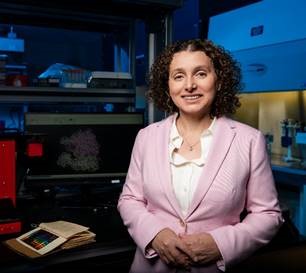 Credit: Luis Miranda, UTEP Media.
Credit: Luis Miranda, UTEP Media.
Exploring Ribosome Assembly and RNA Modification: Q&A With Eda Koculi
To Eda Koculi, Ph.D., being a scientist is thrilling and tremendously fun—it allows a person to simultaneously express their creativity, quench their intellectual curiosity, and serve society. She believes this career path is open to everyone, regardless of their background. “To a student that wants to pursue a scientific career but comes from an economically disadvantaged background like I did, I would say to believe in yourself and ask for help. Your advisor and mentors may know about resources that could help you,” she says.
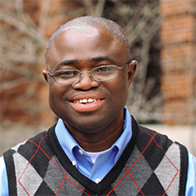 Credit: Ohio State University.
Credit: Ohio State University.
Developing Low-Cost Lab Techniques: Q&A With Abraham Badu-Tawiah
Abraham Badu-Tawiah, Ph.D., encourages students to persevere through whatever challenges life throws at them and to never be discouraged if their journeys look different than they expected. “It bothered me for many years that I worked for two master’s degrees—I believed that I’d wasted my time by not going directly to a Ph.D. program. Now, I realize that those years benefited me. They opened my mind to new experiences, and some of the work I did in my second master’s program is directly related to what I’m doing now,” he says.
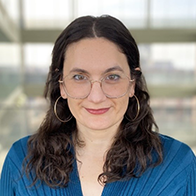 Credit: Courtesy of Dr. Morgan DeSantis.
Credit: Courtesy of Dr. Morgan DeSantis.
Motor Proteins and Microscopy: Q&A With Morgan DeSantis
“Let your curiosity drive you to new scientific fields and questions, because that’s when the coolest findings happen,” says Morgan DeSantis, Ph.D. During our interview with Dr. DeSantis, we learned about how her career in science almost didn’t happen, how happy she is that it did, and how science can sometimes feel like solving a puzzle.
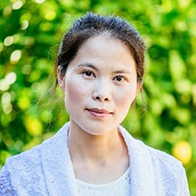 Credit: Courtesy of Dr. Xuecai Ge.
Credit: Courtesy of Dr. Xuecai Ge.
Investigating the Primary Cilium: Q&A With Xuecai Ge
Xuecai Ge, Ph.D., started studying how medicines worked but soon realized she was more interested in learning about the human body—which she now does. Based on her experiences, she says to students looking to kickstart their own scientific careers: “Find a question that you’re truly passionate about and then persevere in pursuing your scientific dream. Scientific careers have ups and downs, so be resilient in the face of setbacks and embrace every challenge as an opportunity to grow stronger.”
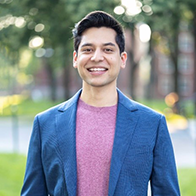 Credit: Courtesy of Dr. Elias Picazo.
Credit: Courtesy of Dr. Elias Picazo.
Inventing New Ways to Build Bonds: Q&A With Elias Picazo
Elias Picazo, Ph.D., knew from the moment he stepped into a research lab as an undergraduate student that he wanted to be a professor. And that’s his advice to students: “Try it! The day-to-day of science is very different from reading or learning about science in the classroom. Start doing experiments and see if you like it. If you don’t, try to apply your love for science in ways that aren’t experimental, because there are a lot of different scientific careers.”
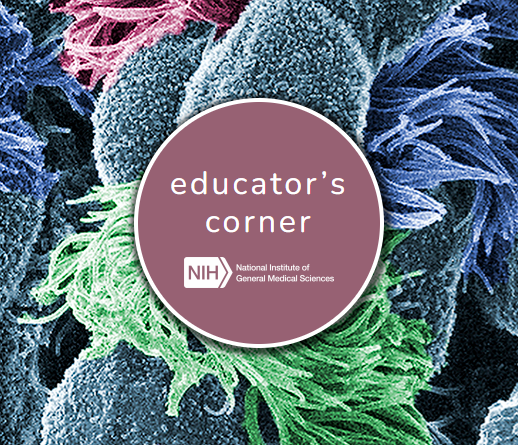
Learn more in our Educator’s Corner.
Other Posts You May Like
- Understanding Signaling Through Cell Membranes: Q&A With Chrystal Starbird
- Bil Clemons: Following Scientific Curiosity
- From Science Fair to Science Lab: Q&A With Chelsey Spriggs
- Haley Bridgewater: Taking the Sting Out of Vaccines
- Investigating the Inner Workings of Ion Channels With Sudha Chakrapani


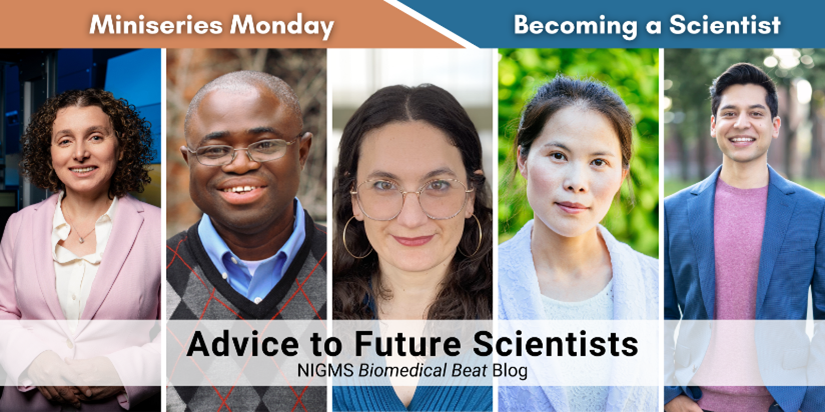

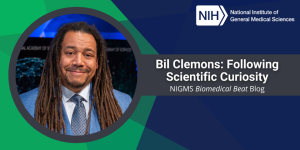

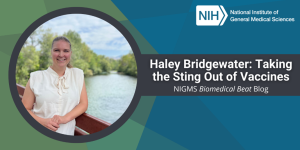
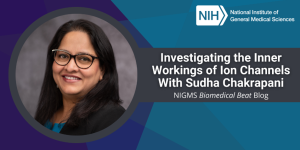
I work for three INBRE programs and would love to promote this article in relation to the future for our students, but am curious as to why this is an article from NIGMS, but there doesn’t appear to have been any IDeA researchers interviewed (other than Dr. Eda Koculi holding a Master’s degree from Oklahoma). Am I missing something? Sure would be nice to have a person that our faculty and students could relate to…
Hi Cyndy, our blog covers many NIGMS-supported researchers and programs. We have covered INBRE and COBRE programs as well as MOSAIC scholars, early-stage investigators, trainees, and more. This particular post featured inspiring advice from our funded scientists to anyone considering a career in biomedical research. We encourage you to explore all of the content on our blog.